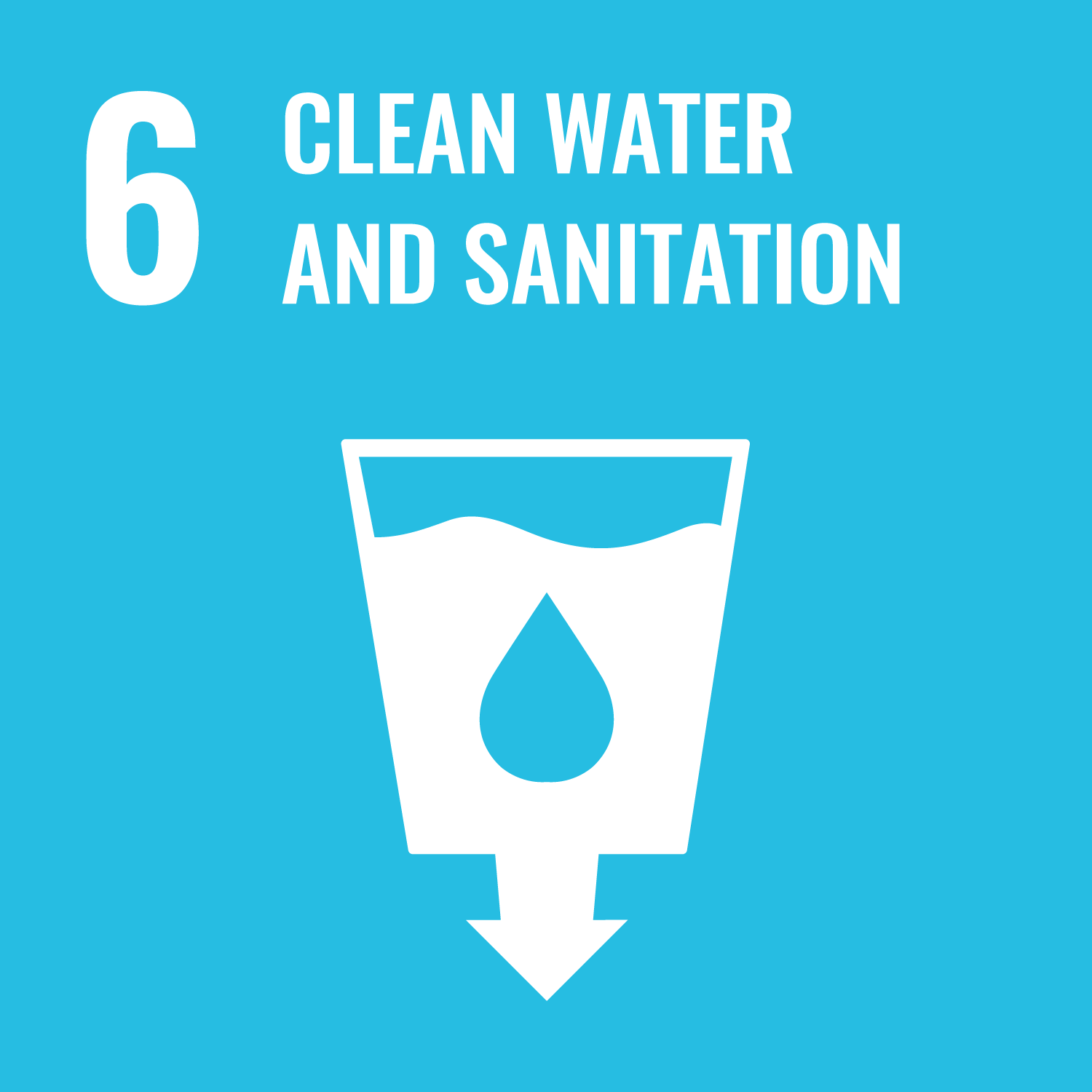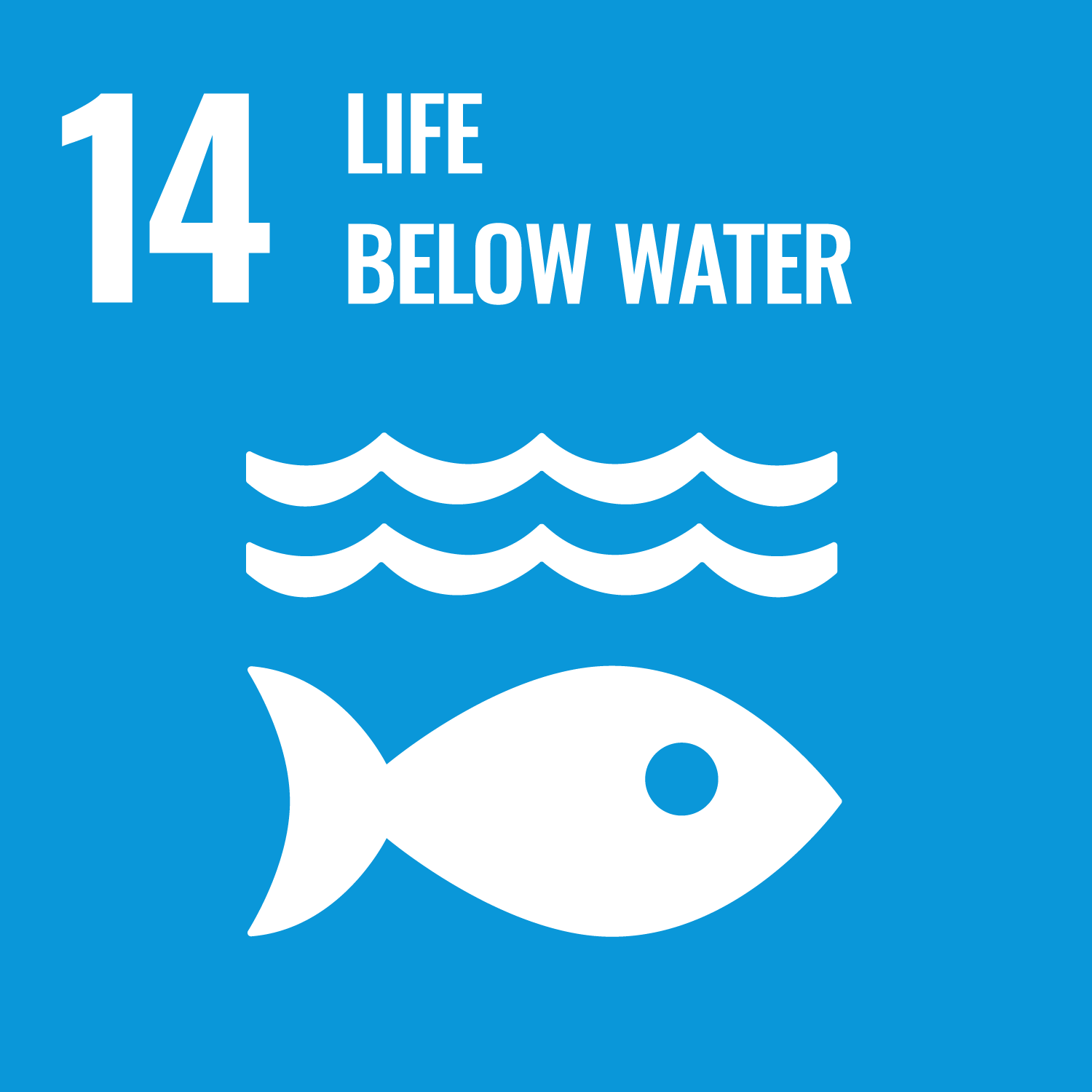Learn the basics of partitioning equilibrium and solvent extraction, photoanalytical methods, electrochemical methods and
chromatography.
To further develop the content of analytical chemistry learned in the first year and to gain an overview of the various analytical
methods used in analytical chemistry.
- Understand distribution equilibria, solvent extraction, and solid-phase extraction
- Understand the principles, advantages and disadvantages of photoanalytical methods
- Understand the principles, advantages and disadvantages of electrochemical analysis methods
- Understand the principles, advantages and disadvantages of chromatography
| 中間試験 | 期末試験 | Total. | |
|---|---|---|---|
| 1. | 25% | 25% | |
| 2. | 25% | 25% | |
| 3. | 25% | 25% | |
| 4. | 25% | 25% | |
| Total. | 50% | 50% | - |
Achievement Targets 1 and 2 will be evaluated by a mid-term examination that includes the items of the Achievement Targets,
and Achievement Targets 3 and 4 will be evaluated by a final examination that includes the items of the Achievement Targets.
The pass/fail grade for a course is calculated as (mid-term exam: 50 points) + (final exam: 50 points), with a total score of 60 points or higher being considered passing.
The pass/fail grade for a course is calculated as (mid-term exam: 50 points) + (final exam: 50 points), with a total score of 60 points or higher being considered passing.
| Class schedule | HW assignments (Including preparation and review of the class.) | Amount of Time Required | |
|---|---|---|---|
| 1. | Partitioning equilibrium Partition law, partition ratio, partition equilibrium of weak acids, chelate extraction |
Read p.166-177 of Analytical Chemistry from the Basics | 100minutes |
| 2. | Solvent Extraction Chelating extraction, ion pair extraction, multi-step extraction |
Read p.177-189 of Analytical Chemistry from the Basics | 100minutes |
| 3. | Solid Phase Extraction What is solid-phase extraction? Solid-liquid equilibrium, ion-exchange equilibrium, other solid-phase extractants, solid-phase extractants and their applications |
Read p.190-212 of Analytical Chemistry from the Basics | 100minutes |
| 4. | Optical Analysis Method 1 Properties and types of electromagnetic waves, absorption and emission of light, absorption and emission of light from atoms, absorption and emission of light by molecules, Lambert-bert rule |
Read p. 56-72 of Instrumental Analytical Chemistry from the Basics | 100minutes |
| 5. | Photoanalytical Method 2 Absorption spectrophotometry, Fluorescence spectrophotometry |
Read Instrumental Analytical Chemistry from the Basics p.88-111 | 100minutes |
| 6. | Photoanalytical Method 3 Atomic absorption spectrophotometry, ICP emission spectrometry |
Read Instrumental Analytical Chemistry from the Basics p. 73-87 | 100minutes |
| 7. | Mid-term examination The scope will be 1-6 above. No reference to the textbook or handouts is allowed. After the examination, an explanation of the examination will be given. |
Review of mid-term exam coverage | 400minutes |
| 8. | Electrochemical Analysis Methods 1 Principles and measurements of potentiometry, potentiometer, indicating electrode, reference electrode, liquid-to-liquid potential, practical examples of potentiometry |
Read Instrumental Analytical Chemistry from the Basics p.14-28 | 100minutes |
| 9. | Electrochemical Analysis Method 2 Practical voltammogram and voltammetry |
Read Instrumental Analytical Chemistry from the Basics p. 29-44 | 100minutes |
| 10. | Electrochemical Analysis Methods 3 Principles and measurements of coulometry, applications of coulometric titration methods |
Read Instrumental Analytical Chemistry from the Basics p. 45-55 | 100minutes |
| 11. | Chromatography 1 Classification and characteristics of chromatography, principles of chromatography and chromatograms |
Read Instrumental Analytical Chemistry from the Basics p.166-177 | 100minutes |
| 12. | Chromatography 2 Principles of gas chromatography, instrumentation features, measurement methods and applications |
Read Instrumental Analytical Chemistry from the Basics p.178-193 | 100minutes |
| 13. | Chromatography 3 Principles of liquid chromatography, instrumentation features, measurement methods and applications |
Read Instrumental Analytical Chemistry from the Basics p.194-216 | 100minutes |
| 14. | Final Examination The scope of the examination will be 7-13 above. No reference to the textbook or handouts is allowed. After the examination, an explanation of the examination will be given. |
Review of the scope of the final examination | 400minutes |
| Total. | - | - | 2000minutes |
| ways of feedback | specific contents about "Other" |
|---|---|
| Feedback in outside of the class (ScombZ, mail, etc.) |
1) Analytical Chemistry from the Basics, Hisanori Imura and Teruo Higami, Chemistry Doujin
2) Basic Instrumental Analytical Chemistry, Hisanori Imura and 1 other author, Chemistry Doujin
Reference books: "Basic Chemistry Course: Analytical Chemistry I" by Hisanori Imura, Koji Suzuki, Toshiyuki Homo / Maruzen, "Christian: Analytical Chemistry I, Basic" by Masahiko Tsuchiya, Shozo Toda, Koki Haraguchi / Maruzen, "Analytical Chemistry" by Kosaburo Ohashi and 3 others / Sankyo Publishing, "Textbook Series: Introduction to Analytical Chemistry" by Minoru Tanaka and 2 others / Maruzen, "Basic Chemistry Series 7: Basic Analytical Chemistry" by Koichi Oguma and 5 others / Asakura Shoten, "Quantitative Analytical Chemistry Revised Edition" by Yasuo Torii and Sankyo Yasutomo / Baifukan, "Environmental Analytical Chemistry" by Makoto Aihara and 5 others / Sankyo Publishing, "Analytical Chemistry" by Abe, Shibukawa, Tsunoda / Tokyo Chemical Dojin, "Basic Analytical Chemistry" by Makoto Takagi / Chemical Dojin, and many others
2) Basic Instrumental Analytical Chemistry, Hisanori Imura and 1 other author, Chemistry Doujin
Reference books: "Basic Chemistry Course: Analytical Chemistry I" by Hisanori Imura, Koji Suzuki, Toshiyuki Homo / Maruzen, "Christian: Analytical Chemistry I, Basic" by Masahiko Tsuchiya, Shozo Toda, Koki Haraguchi / Maruzen, "Analytical Chemistry" by Kosaburo Ohashi and 3 others / Sankyo Publishing, "Textbook Series: Introduction to Analytical Chemistry" by Minoru Tanaka and 2 others / Maruzen, "Basic Chemistry Series 7: Basic Analytical Chemistry" by Koichi Oguma and 5 others / Asakura Shoten, "Quantitative Analytical Chemistry Revised Edition" by Yasuo Torii and Sankyo Yasutomo / Baifukan, "Environmental Analytical Chemistry" by Makoto Aihara and 5 others / Sankyo Publishing, "Analytical Chemistry" by Abe, Shibukawa, Tsunoda / Tokyo Chemical Dojin, "Basic Analytical Chemistry" by Makoto Takagi / Chemical Dojin, and many others
- Thursday 16:00-17:00, Face to face, so please make an appointment in advance by email.
- Course that cultivates an ability for utilizing knowledge
- Course that cultivates a basic problem-solving skills
| Work experience | Work experience and relevance to the course content if applicable |
|---|---|
| N/A | 該当しない |






- 3.GOOD HEALTH AND WELL-BEING
- 6.CLEAN WATER AND SANITATION
- 9.INDUSTRY, INNOVATION AND INFRASTRUCTURE
- 12.RESPONSIBLE CONSUMPTION & PRODUCTION
- 14.LIFE BELOW WATER
- 15.LIFE ON LAND
Last modified : Sat Mar 08 04:30:19 JST 2025
